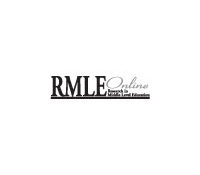tandfonline.com – The High Tide Raises All Ships: Middle Grades Teachers’ Perspectives on School Belonging in Early Adolescence
tandfonline.com har udgivet en rapport under søgningen “Teacher Education Mathematics”: ABSTRACT ABSTRACT Middle grades students have developmental needs that are unique from those of younger children and those in late adolescence. The purpose of this qualitative study was to explore how middle grades teachers create a sense of belonging with their students and the ways in which their knowledge of early adolescent development influences that process. Self-determination Theory, Stage-Environment Fit Theory, and the Model of Academic Engagement provided a framework for a qualitative investigation that involved interviews with five middle grades teachers. Participants emphasized four themes including the importance of an increased emphasis on community building activities, a need for modeling positive attitudes, the ability to encourage positive peer relationships, and making course content relevant to students’ lives. Implications for… Continue Reading
